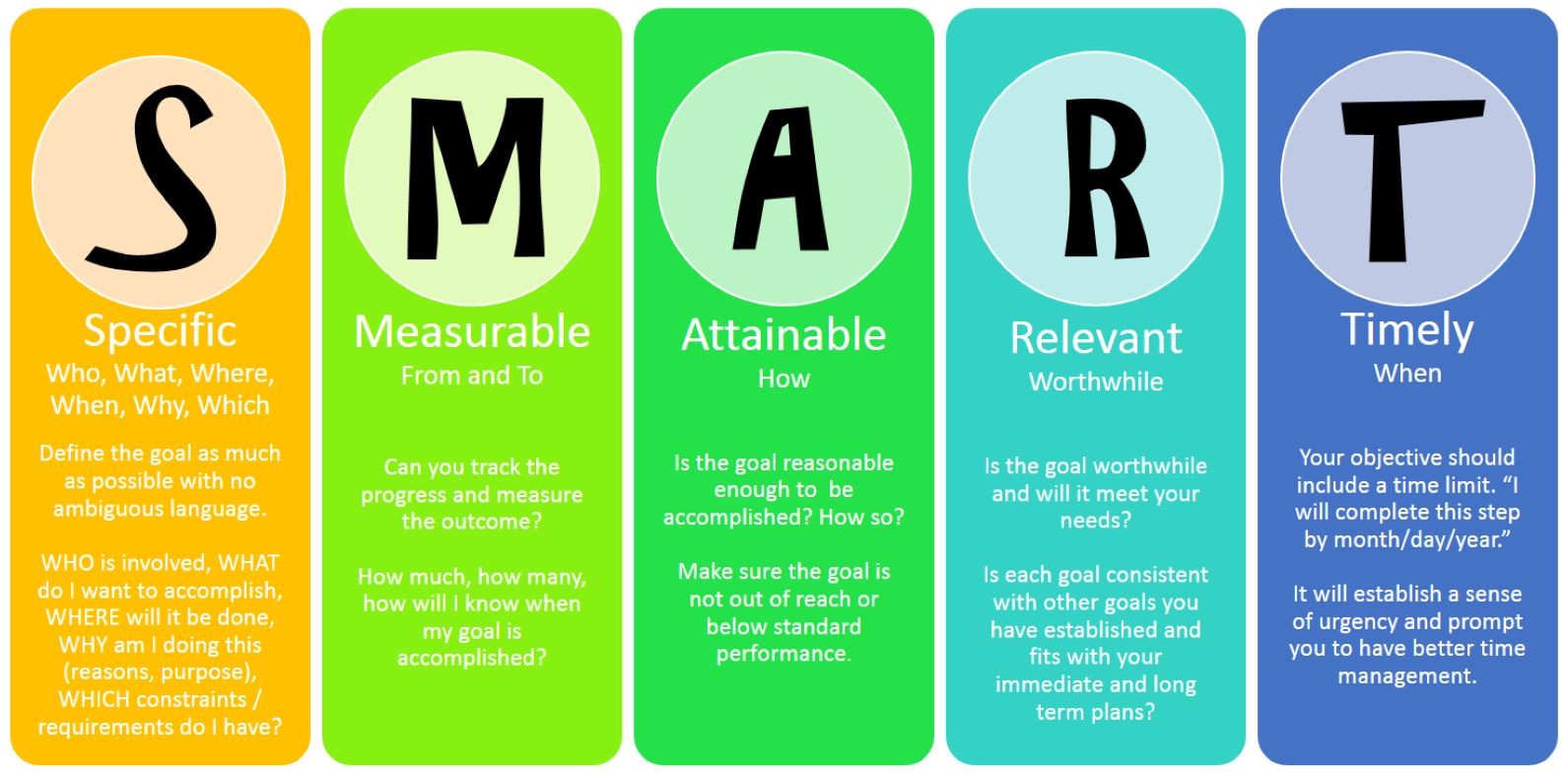Evaluation
Now that you know where you've been, you can determine where you're headed
The key to success in any lifestyle change is making SMART goals and not disrupting your current lifestyle to soon and too extremely. So here we focus on where you have been, where you are, and where you want to be. We then use the empowerment and education you have received in the previous phases to assist you in evaluating your lifestyle and your approach to change. This is where the transformative participatory evaluation piece comes in.
